Emotional Dysregulation And ADHD
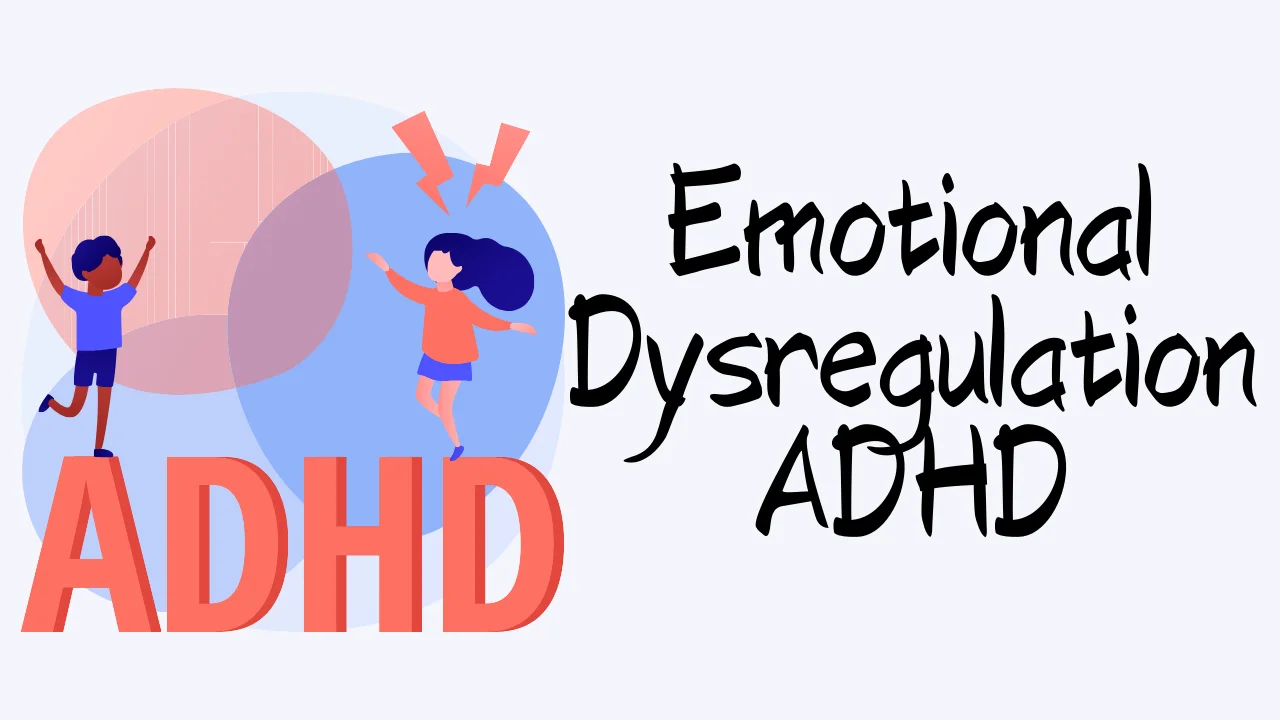
Attention-deficit/hyperactivity disorder (ADHD) is a common neurodevelopmental disorder characterized by symptoms of inattention, hyperactivity and impulsivity. These core symptoms can significantly impact daily functioning. However, ADHD involves more than just the trademark symptoms it is best known for.
Many individuals with ADHD also struggle with emotional dysregulation. This refers to difficulty modulating emotional responses. It manifests as sudden, intense emotional outbursts that are disproportionate to the situation. Emotional dysregulation can strain interpersonal relationships and undermine self-confidence.
In this comprehensive guide, we will cover the following key topics related to emotional dysregulation in ADHD:
- What is Emotional Dysregulation
- The Link Between ADHD and Emotional Dysregulation
- Executive Functioning Deficits
- Chronic Stress
- Signs and Symptoms of Emotional Dysregulation
- Triggers and Contributing Factors
- Common Triggers
- Exacerbating Factors
- Impact on Daily Life
- Interpersonal Problems
- Social and Occupational Impairment
- Increased Psychiatric Risk
- Functional Impairment
- Strategies and Solutions for Emotional Regulation
- General ADHD Symptom Management
- Identifying Emotions and Triggers
- Implementing Timeouts
- Managing Negative Thoughts
- Practicing Mindfulness
- Taking Accountability
- Seeking Additional Support
What is Emotional Dysregulation
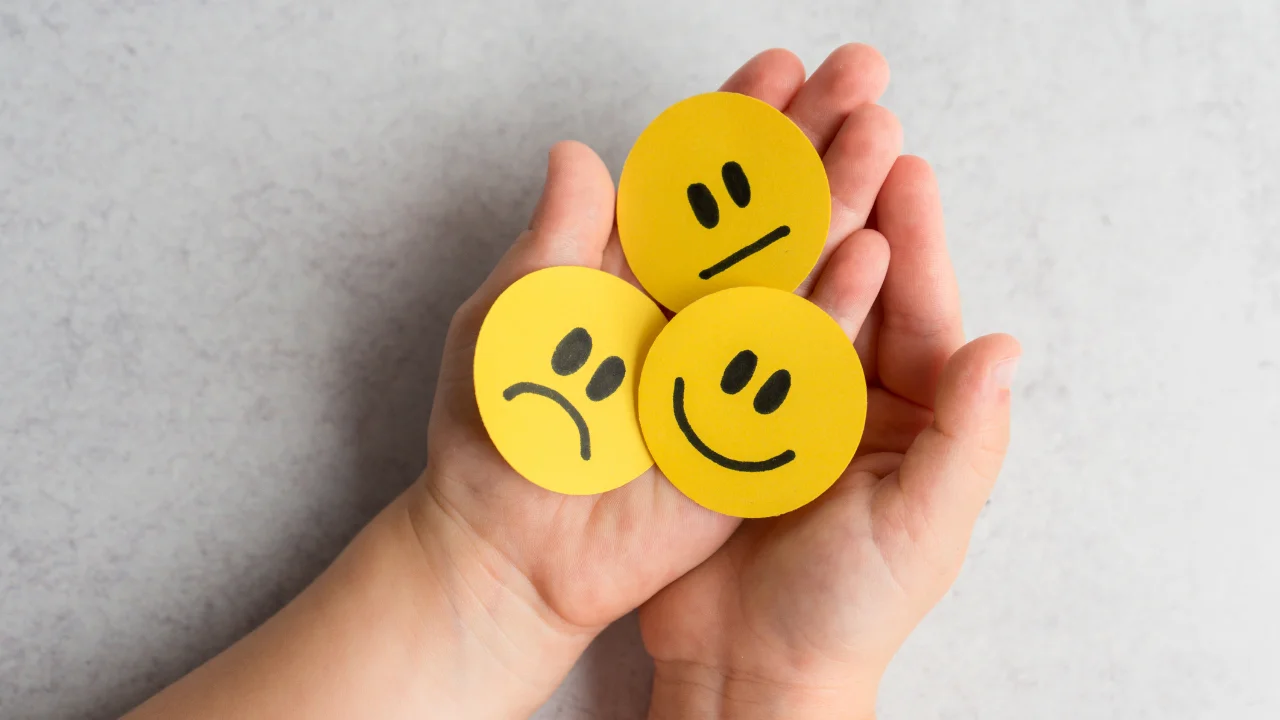
Emotional regulation refers to how well emotions are monitored, evaluated and modified in keeping with situational demands. Those able to self-regulate can adequately control the intensity, duration and expression of both positive and negative emotional states.
In contrast, emotional dysregulation involves difficulty controlling emotional responses. Reactions tend to be intense, rapid and discordant with environmental cues. The term emotional impulsiveness captures the extra sensitivity and quickness-to-emotion that serves as the functional opposite of appropriate modulation of feeling states.
The Link Between ADHD and Emotional Dysregulation

Executive Functioning Deficits
ADHD stems from deficits in executive functions - the goal-directed cognitive processes governing working memory, attentional control and inhibitory control. These same executive dysfunction deficits make it extraordinarily difficult for those with ADHD to adequately monitor and modulate their own emotional reactions.
Problems managing frustration are particularly common, given limited reserves of impulse control and patience when trying to problem solve difficulties. The end result is often intense emotional reactions that occur with little warning and are difficult to resolve once activated.
Chronic Stress
When the stress response activated by emotional distress is already overworked, it becomes harder and harder to return to a calm and composed state after upheaval. The frequent intensity of emotional reactions makes it difficult to function at full capacity, further ratcheting up anxiety and overwhelm.
Essentially the impairments associated directly with ADHD symptomology initiate a cascading chain reaction where emotional dysregulation becomes both a consequence of executive dysfunction while also exacerbating functional deficiencies at the same time.
Signs and Symptoms of Emotional Dysregulation

The signs and symptoms of emotional dysregulation center around emotions that are too intense, too rapid, too enduring or contextually inappropriate for a given situation. Common manifestations include:
- Fast escalations from neutral to distress state
- Expressing irritability, anger, excitement out of proportion to triggers
- Difficulty recovering emotional equilibrium after upset
- Frequent and unpredictable mood shifts
- Feeling constantly on emotional rollercoaster
More specifically, those struggling with emotional regulation challenges may:
- Cry excessively easily over minor events
- Feel chronically touchy and irritable
- Have trouble calming down once upset
- Stay angry about a seemingly small issue for a prolonged period
- Yell, shout, or snap disproportionate to the circumstance
A single episode of acute emotional distress often lasts less than an hour. However, re-achieving mental clarity and stability can remain elusive for hours or even days as residual feelings linger.
Triggers and Contributing Factors
Common Triggers
People with ADHD often react intensely to changes, interruptions or perceived failures - essentially anything thwarting their need for structure, continuity and quick success acts as an emotional tripwire. Common triggers include:
- Transitions and shifting priorities
- Disruptions when focused intently on a task
- Any sense of underperforming or making careless errors
- Perfectionistic traits compound frustration over small mistakes
- Having to endure activities found boring without adequate stimulation
Exacerbating Factors
Furthermore, certain conditions mean emotions spiral out of control more quickly, including:
- Fatigue from poor sleep habits
- Hunger due to forgotten meals
- Premenstrual hormonal changes in females
- High baseline stress levels nearing exhaustion
- Working memory overloaded by too many concurrent tasks
- Time pressures exceeding ability to react
- ADHD medication wearing off suddenly
- Hyperfocusing narrowly then having immersive trance interrupted
Essentially anything which consumes and further restricts cognitive bandwidth leaves less capacity to apply emotional brakes when distressed.
Impact on Daily Life

The real life fallout from chronic emotional volatility and intensity can be quite profound. From relationship conflicts to disciplinary issues to job loss, the downstream effects accumulate in all domains:
Interpersonal Problems
- Family members and partners feel hurt, confused, or retaliate when subject to unexpected emotional outbursts
- Friends withdraw socially to avoid walking on eggshells around volatility
- Issues working collaboratively due to difficulty considering multiple perspectives when frustrated
Social and Occupational Impairment
- Often perceived as petulant, arrogant, or defiant rather than struggling with self-regulation
- Experience disciplinary problems in school due to angry meltdowns
- Terminated from jobs due to clash of reactivity with professionalism standards
Increased Psychiatric Risk
- Low distress tolerance primes anxiety and depression
- Tendency to self-medicate emotional surges with alcohol, smoking, or other substances
Functional Impairment
Significant enough emotional discontrol becomes equally if not more impairing in daily life function than core ADHD symptoms of inattention and hyperactivity that may be more visibly apparent.
Strategies and Solutions for Emotional Regulation
While therapy is often pivotal in systematically addressing emotional regulation, those with ADHD can also benefit from proactively utilizing positive coping strategies independently.
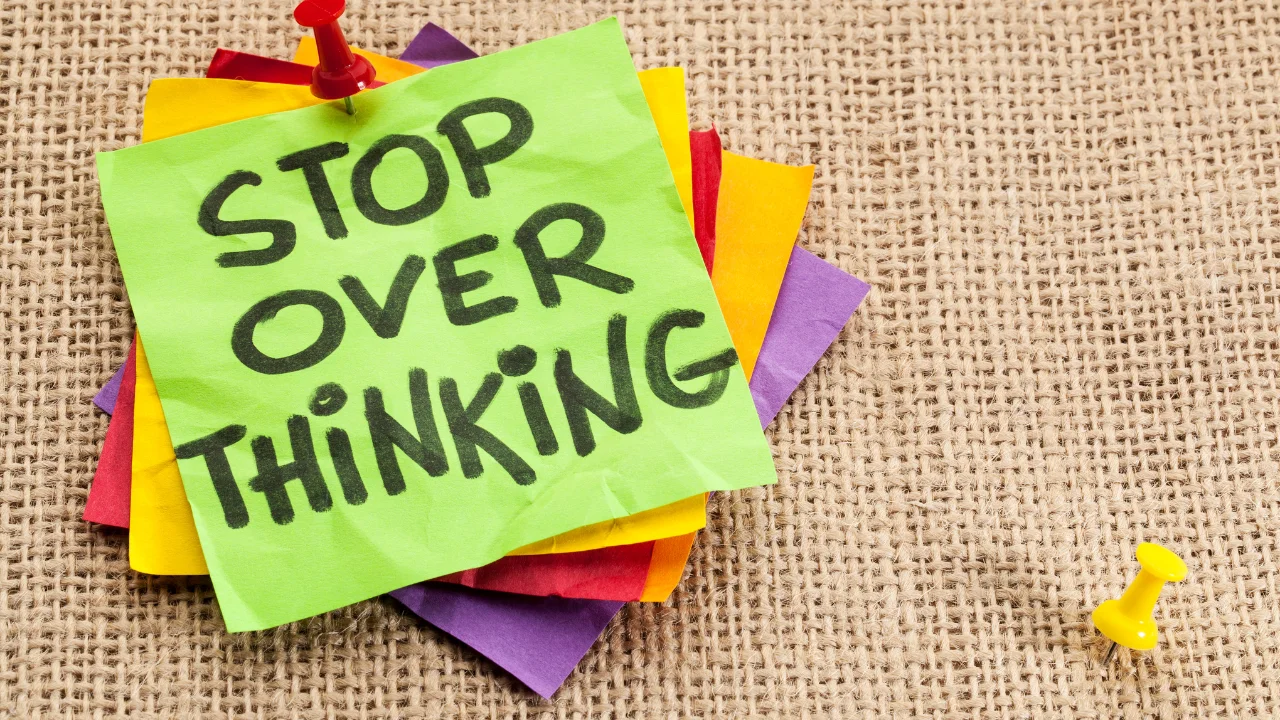
General ADHD Symptom Management
Get adequate rest, nutrition and exercise. Stay on top of obligations. Ask for help when overwhelmed. Take medication consistently. Develop reminders, timers, organizers and other supports to compensate for executive functioning deficits. Say no to nonessential tasks to avoid overload. Doing so can reduce baseline ADHD impairment, stress and emotional volatility.
Identifying Emotions and Triggers
Increase awareness of personal triggers and warning signs of escalating distress like tensed muscles or rapid breathing. Put words to rising feelings immediately such as I'm getting really frustrated. Verbal labels aid in quick and appropriate intervention before reaching explosion point. Record patterns between situations, thoughts and behaviors surrounding emotional episodes.
Implementing Timeouts
Use mini timeouts when frayed - even 60 seconds shifting focus can help regain control before acting on anger. Listen to music, take a quick walk or splash cold water on face until the intensity subsides enough for rational thought. Making space to willfully halt counterproductive impulses and reactions prevents instigating major damage.
Managing Negative Thoughts
Notice excessive negative self-talk during distress like I just ruin everything that exacerbates feeling overwhelmed. Evaluate thought accuracy and usefulness. Replace exaggerated or fatalistic attributions with factual problem solving like I can learn how to better handle this in the future.
Practicing Mindfulness
Study mindfulness techniques to enhance distress tolerance when emotions unavoidably run high. Name feelings, accept them non-judgementally, then visualize them passing like waves. Avoid fruitless flailing against pain by acknowledging suffering as part of the shared human condition. Painful emotion cannot be neutralized, but mindset towards it can be managed.
Taking Accountability
Make amends for regrettable actions or words expressed in emotional reactive states, then discuss establishing mutual guidelines for constructive conflict resolution. Follow up with specific actions to repair trust and prevent recurrence of similar outbursts.
Seeking Additional Support
Connect with understanding people willing to help normalize rather than criticize emotional disregulation challenges. Join support groups to share suggestions and feel less alone. Enlist an ADHD-knowledgeable therapist for personalized training in coping strategies and self-compassion. Building a toolkit and circle of support can help mitigate shame, bolster progress and reduce future impairment related to emotional hyperactivity symptoms connected to ADHD.
The key concepts to take away surrounding emotional dysregulation associated with ADHD include:
Frustration tolerance and emotional reactivity challenges stem directly from executive functioning impairments that define ADHD
Hypersensitivity and intensity of feeling states can spur sudden emotional outbursts disconnecting from environmental cues
Learning personal triggers and warning signs allows for earlier intervention
Mini timeouts, mindfulness techniques, cognitive reframing and other solutions can help endure and recover from emotional overwhelm
External accountability and support aids in motivation and progress learning to better manage emotional discontrol
While emotional volatility may always be more pronounced relative to those unaffected by ADHD, building resilience and self-regulation capacity helps prevent uncontrolled emotional reactions from interfering with positive well-being and relationships.
Take Charge of
Your Brain Health Today!
Shop Now!
Similar Articles:
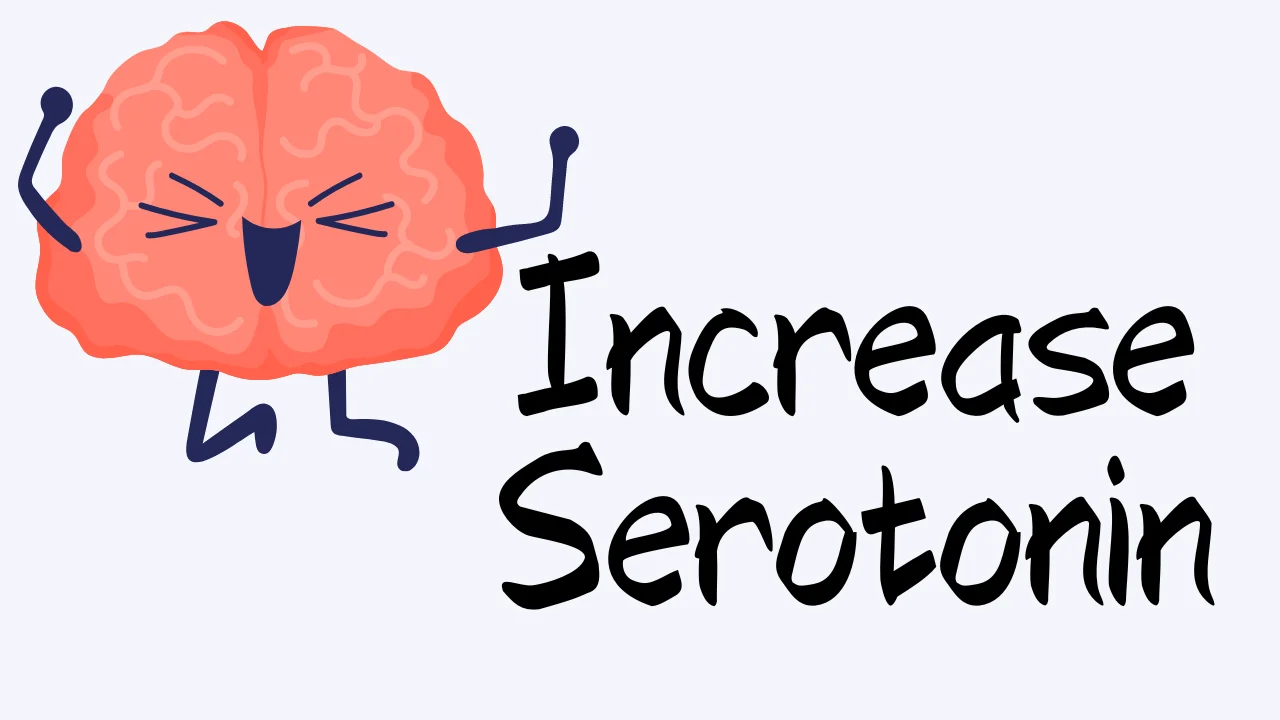
How To Increase Serotonin
Positive social interactions play a crucial role in the regulation of serotonin, a neurotransmitter...
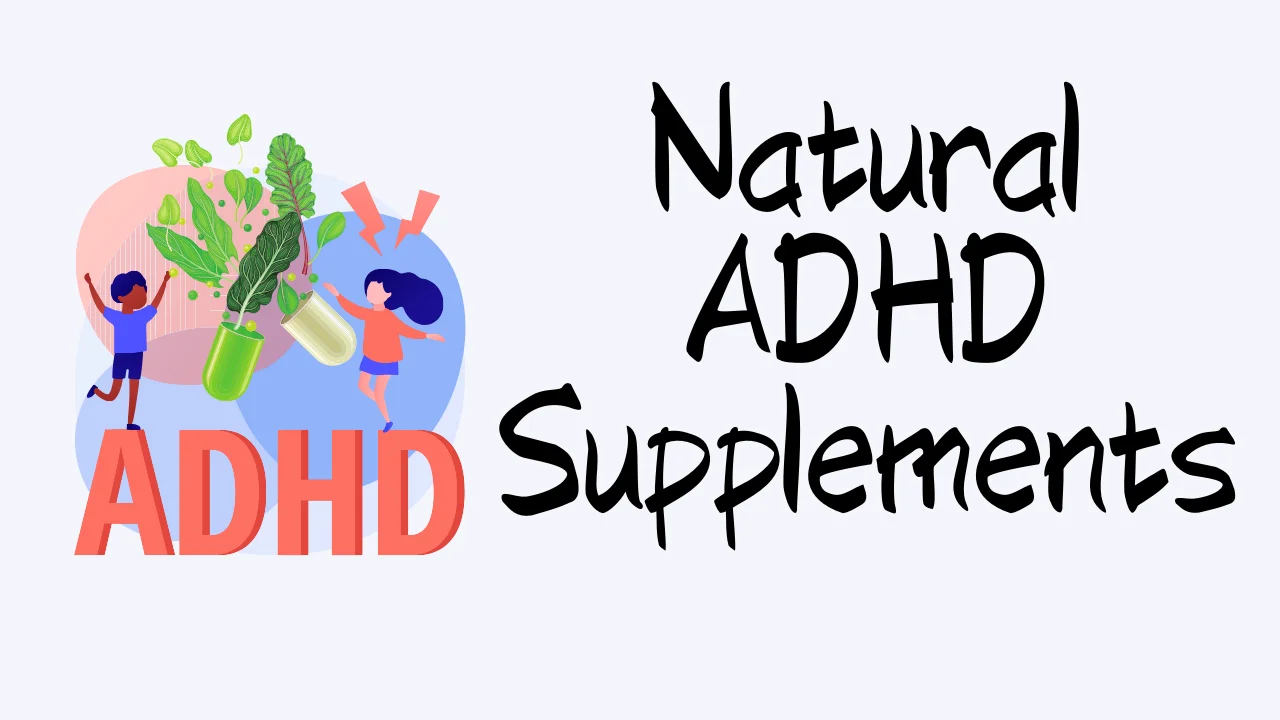
Natural ADHD Supplements
Attention-Deficit/Hyperactivity Disorder (ADHD) is a neurodevelopmental condition characterized...
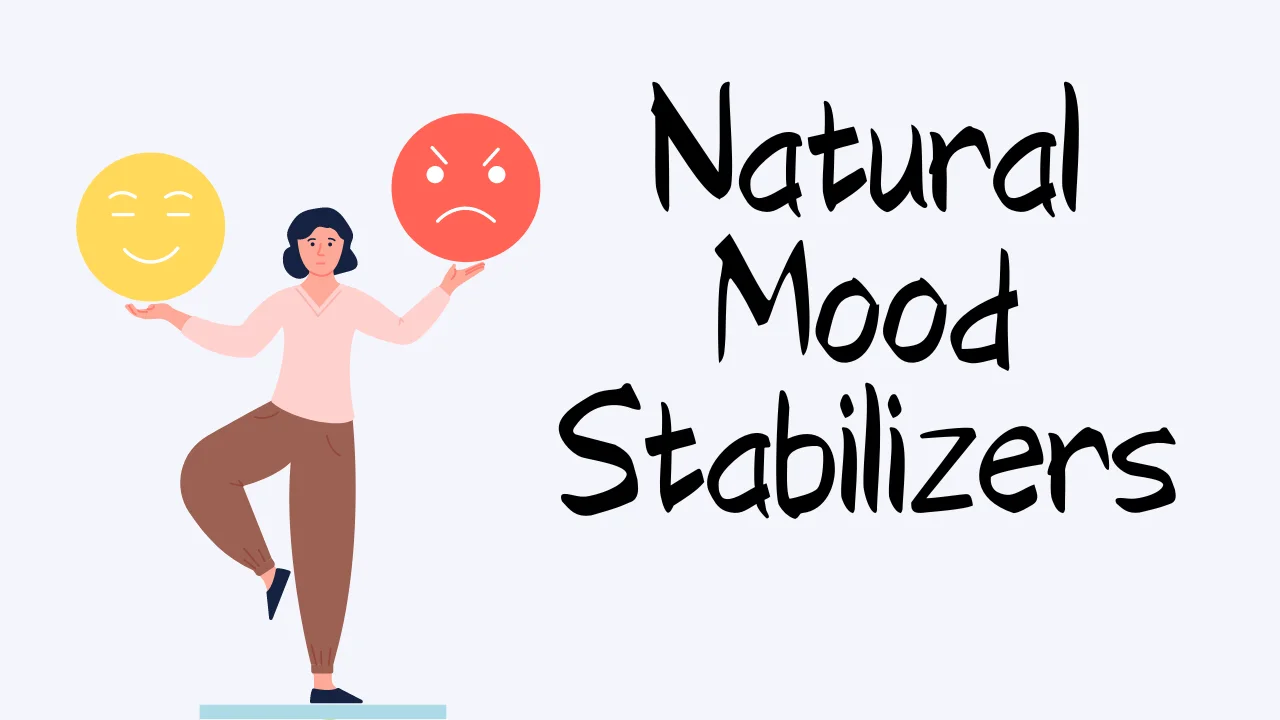
Natural Mood Stabilizers
Natural mood stabilizers have been gaining attention for their potential to manage mood fluctuations without...